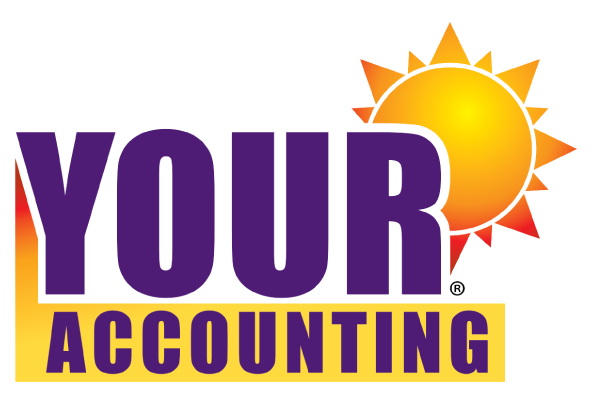In the world of finance and accounting, the term “cooking the books” carries a heavy weight. It’s a phrase that conjures up images of deception, fraud, and ethical misconduct. But what exactly does it mean, and why is it such a grave concern? At Your Accounting, we believe it’s essential to shed light on this topic and provide insights on how to steer clear of such practices.
What is “Cooking the Books”?
Simply put, “cooking the books” refers to the deliberate manipulation or falsification of financial records to present a more favorable picture of a company’s financial health than what actually exists. This can involve various tactics, such as inflating revenues, understating expenses, hiding liabilities, or engaging in other fraudulent activities to deceive investors, creditors, or regulatory authorities.
Why Is It Bad?
The consequences of cooking the books can be devastating, both for the company involved and for stakeholders. Here’s why:
- Loss of Trust: Trust is the foundation of any business relationship. When a company cooks its books, it violates that trust, damaging its reputation and credibility in the eyes of investors, customers, and partners.
- Legal Ramifications: Engaging in fraudulent financial practices can lead to severe legal consequences, including fines, lawsuits, and even criminal charges against executives involved in the misconduct.
- Financial Instability: By presenting false financial information, companies risk making decisions based on inaccurate data. This can lead to poor strategic choices, financial losses, and, in extreme cases, bankruptcy.
- Market Distortion: False financial reporting can distort market perceptions, leading to misallocation of resources and unfair advantages for dishonest companies over their competitors.
How to Avoid It
Preventing “cooking the books” requires a proactive approach to financial management and a commitment to integrity and transparency. Here are some steps companies can take to safeguard against fraudulent practices:
- Implement Robust Internal Controls: Establishing strong internal controls and segregation of duties can help prevent unauthorized access to financial records and detect any irregularities or discrepancies early on.
- Promote a Culture of Ethics: Cultivate a culture of honesty and integrity within the organization, where ethical behavior is not only encouraged but also rewarded. This starts with leadership setting the tone and enforcing ethical standards at all levels.
- Regular Independent Audits: Conducting regular audits by reputable independent auditors can provide an objective assessment of the company’s financial health and uncover any potential red flags or irregularities.
- Invest in Employee Training: Provide comprehensive training to employees on ethical conduct, financial reporting standards, and the importance of accurate and transparent financial information.
- Encourage Whistleblower Reporting: Establish channels for employees to report suspected financial misconduct anonymously without fear of retaliation, and ensure that all reports are thoroughly investigated.
Conclusion
At Your Accounting, we understand the gravity of “cooking the books” and the detrimental impact it can have on businesses and stakeholders. That’s why we’re committed to helping our clients maintain the highest standards of financial integrity and transparency. By implementing robust internal controls, promoting ethical conduct, and investing in regular audits and employee training, companies can safeguard themselves against fraudulent practices and build trust with their stakeholders for a prosperous future.

Recent Comments